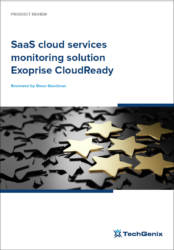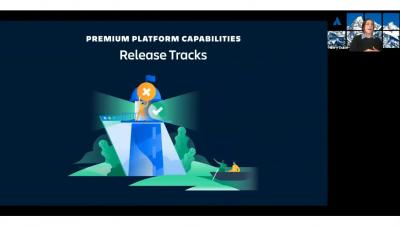Teams | Collaboration | Customer Service | Project Management
Technology
Work Anywhere: CloudReady and Service Watch
If you haven’t signed up for our upcoming April 21 Work Anywhere Webinar with Exoprise and Forrester, now is a good time. The webinar highlights the challenges that businesses face today due to Covid disruption and innovative solutions to mitigate these challenges. Millions of Americans now work from the comfort of their home using Microsoft 365, Teams, Zoom, and other critical SaaS application services for their daily activities.
Use AI in Customer Service To Transform Your Customer Experience in 2021
We often hear that Artificial Intelligence is the future. The truth is that it’s already here, and if you’re not already using AI for customer service, you’re missing out. Integrating AI into customer service can drastically improve CX. It helps identify customer pain points, automates processes, speeds up decision-making, and optimises service delivery.
How to Create Meaningful Productivity KPIs (Plus Free Template)
Curious about productivity KPIs? Productivity KPIs (key performance indicators) help measure how effectively your company achieves its core business objectives. And while the term may seem complex, using KPIs to measure your company’s success is pretty easy! In this article, we’ll discuss productivity KPIs, why they matter, and how to use them to improve employee performance.











